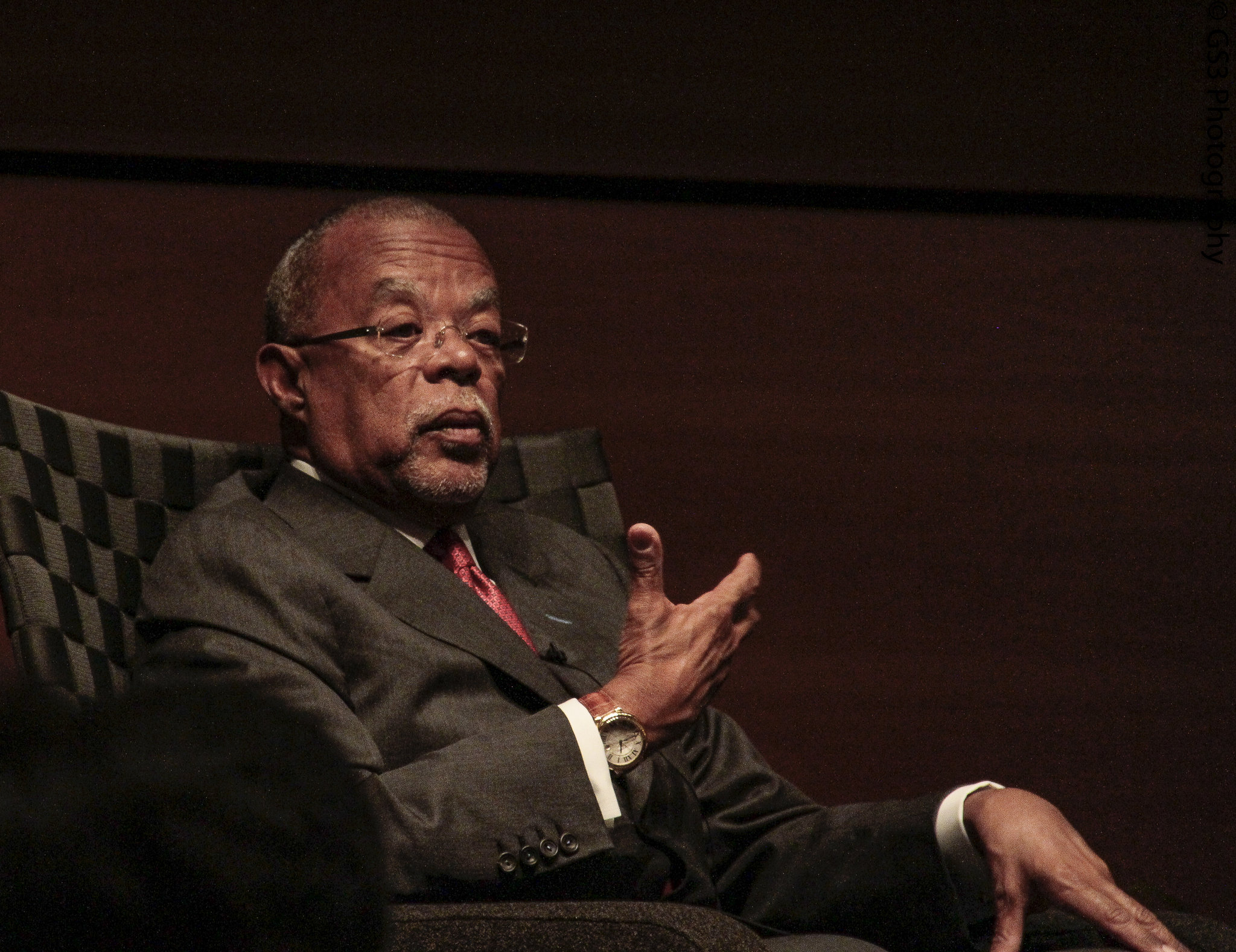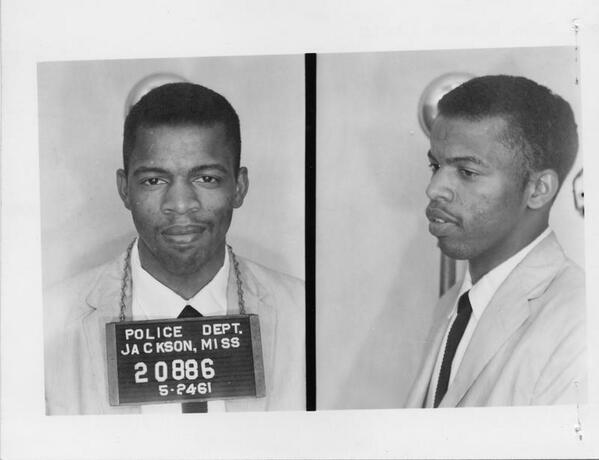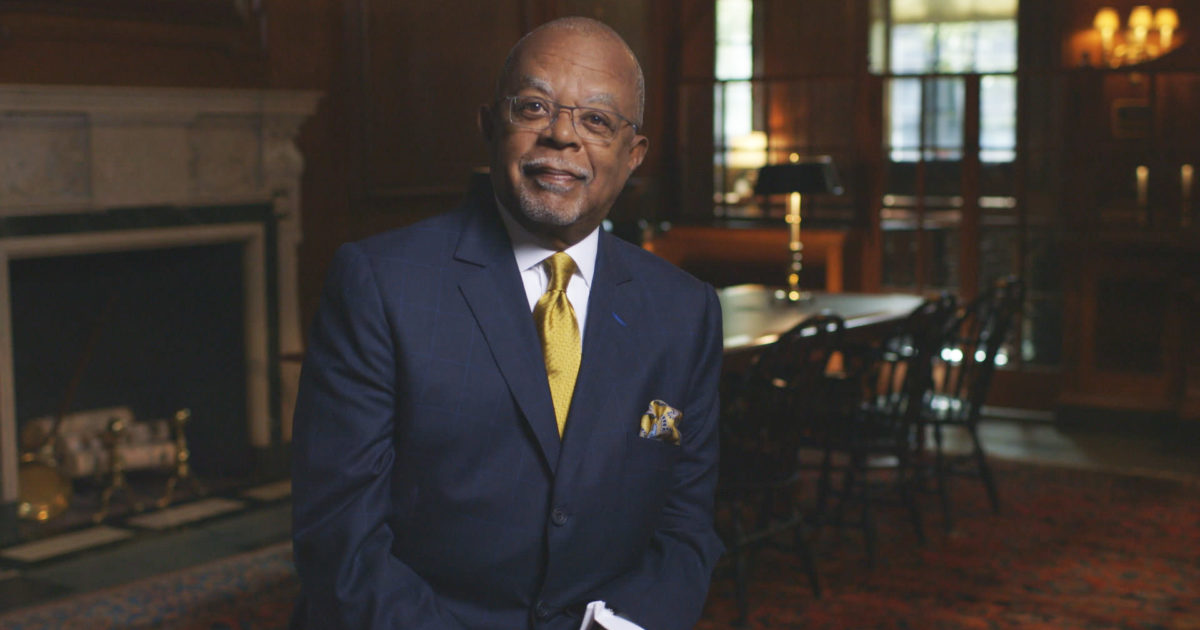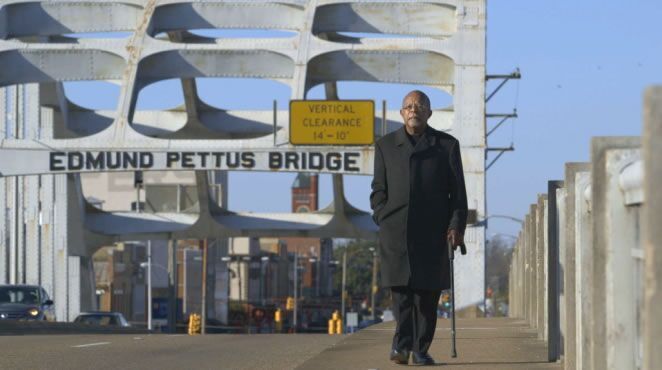Dr. Henry Louis Gates Jr. spent a sunny April Saturday in Cleveland speaking frankly about money and race and aspiration.
He brought a relaxed manner to a charged topic as keynote speaker before 350 participants in the biennial African American Philanthropic Summit, hosted by the Cleveland Foundation.
“Black people have a long tradition of philanthropy,” said the long-time jury chair of the Anisfield-Wolf Book Awards. “We just don’t know that. It is called the collection plate. We’ve been ponying up pennies, nickels, dimes and quarters for ages and ages. The building fund – our building always looked the same. I think it was the preacher building a Cadillac.”
A laughter of recognition rolled through the conference center at Corporate College East in Warrensville Heights, Ohio. Turns out nearly two-thirds of African-Americans donate to various causes, giving roughly $11 billion each year to charity, according to a 2012 report from the W.K. Kellogg Foundation.
Gates sat smiling and comfortable in a gray suit with a red tie with moderator Russ Mitchell, lead anchor of WKYC Channel 3. Mitchell, who wore a gray suit with a green tie, let the afternoon, and the conversation, flow. An audience member asked the Harvard University scholar to name the most pressing philanthropic need.
“Reforming our schools,” he answered. “It’s the key to progress, the key to citizenship and the key to social elevation . . . We have to reform our people’s attitude toward the school system but we also have to make the school system a place that nourishes young people.”
He advised listeners to be intentional, to form giving circles and select recipients based on good metrics and hard data. “So many of us think, ‘If I could only see Oprah and just tell her about the church needing a new wing and she would write a check,’” Gates said. “It doesn’t work that way.”
Quoting James Baldwin—“Be careful what you set your heart upon, for it will surely be yours”—Gates reflected on his own blessings, and his decision in 1991 to ask the Harvard University Endowment office to help him raise money to rebuild African and African-American studies. He said the endowment staff responded: “We’re going to give you the first lesson in fund-raising. There are three groups of people who never give: doctors, actors, and black people.”
Gates, who has a knack for inviting everyone to the party, described the success that belied the stereotype. He also recounted how private equity billionaire Glenn Hutchins came across Gates’ August forum on Martha’s Vineyard. Eventually, the mogul decided to donate $30 million to what has become the Hutchins Center for African and African American Research at Harvard.
But Gates didn’t linger on a triumphal note. Instead, he invited his audience to think with him about the state of black America: a quadrupling of the black middle class since 1968 and a stubbornly persistent 35 percent of black children at or below the poverty line since the same era, when Dr. Martin Luther King, Jr., was assassinated.
“When I was growing up—I was born in 1950—the blackest thing you could be was an educated man or an educated woman for the Negro people,” said Gates, who was raised in West Virginia, where his father was a mill worker and a janitor. “I’m serious. Who were our heroes? Thurgood Marshall, Mary McLeod Bethune, Rosa Parks, Dr. King. We loved athletes and entertainers, but the real heroes were the race men and the race women. Where did that go? That went the way of the west wind. Now we have to remind people that we too are people of the book. Our people defied the master of the plantation to read and write. Now so many of our kids—who have more opportunity than any of us had at six or seven—are squandering that opportunity. For what? Blaming white racism and the white man? Forget that, man. I have no sympathy for that.”
Instead, Gates called—gently, with a smile—on his listeners to build the beloved community without condescension, with patience and persistence. And, always, with the amplifying strength of each other.



